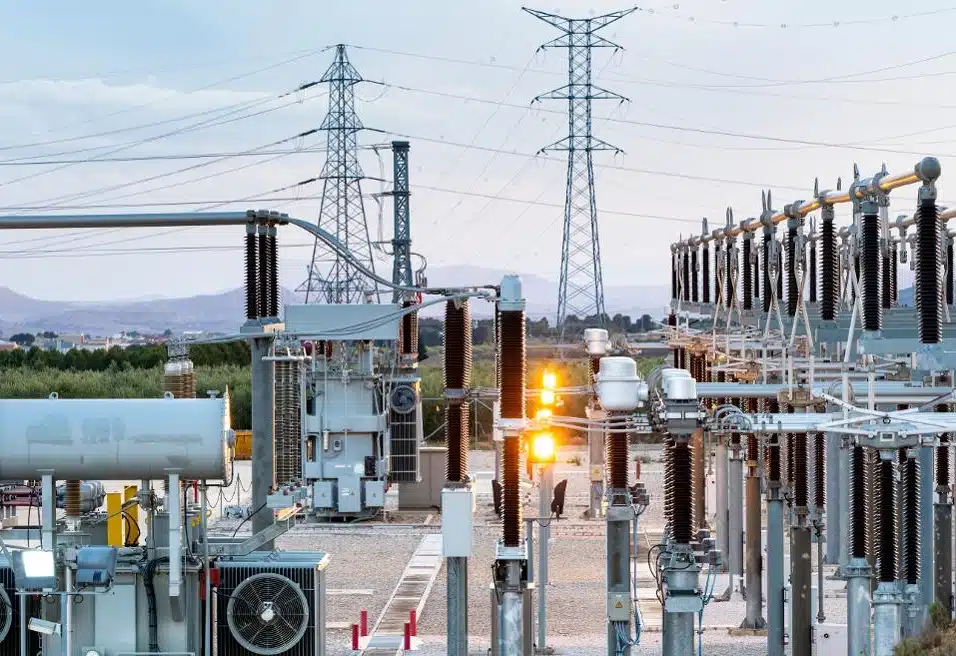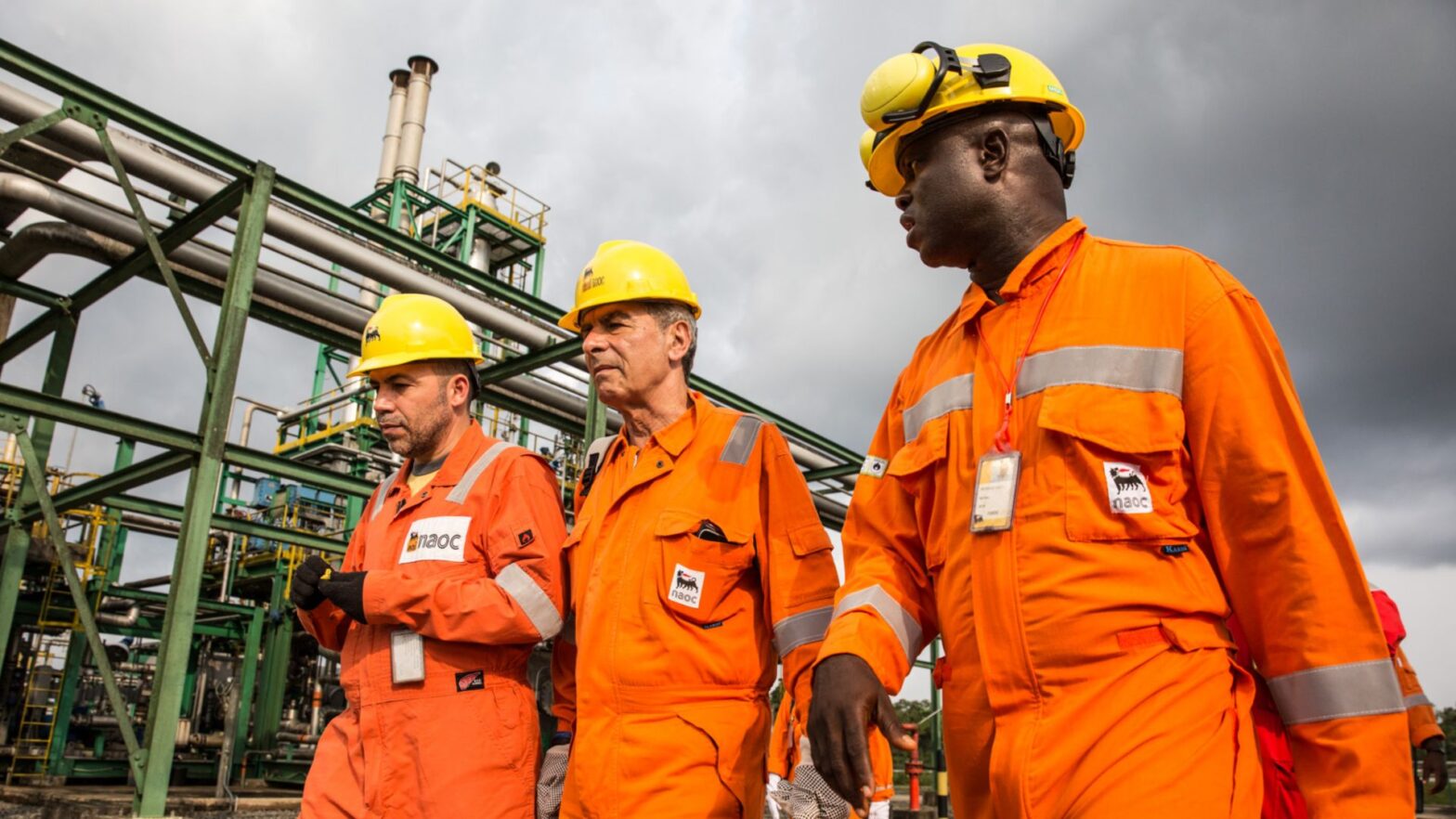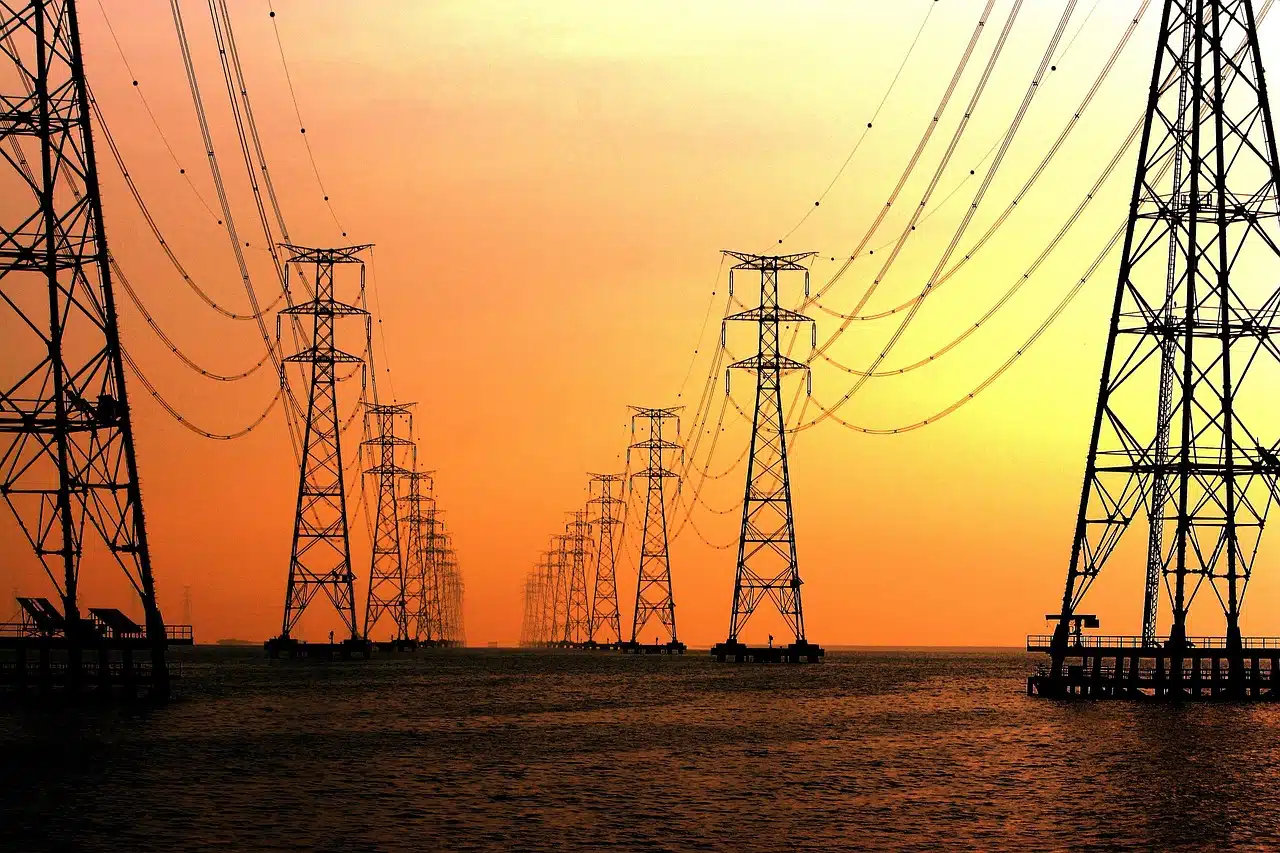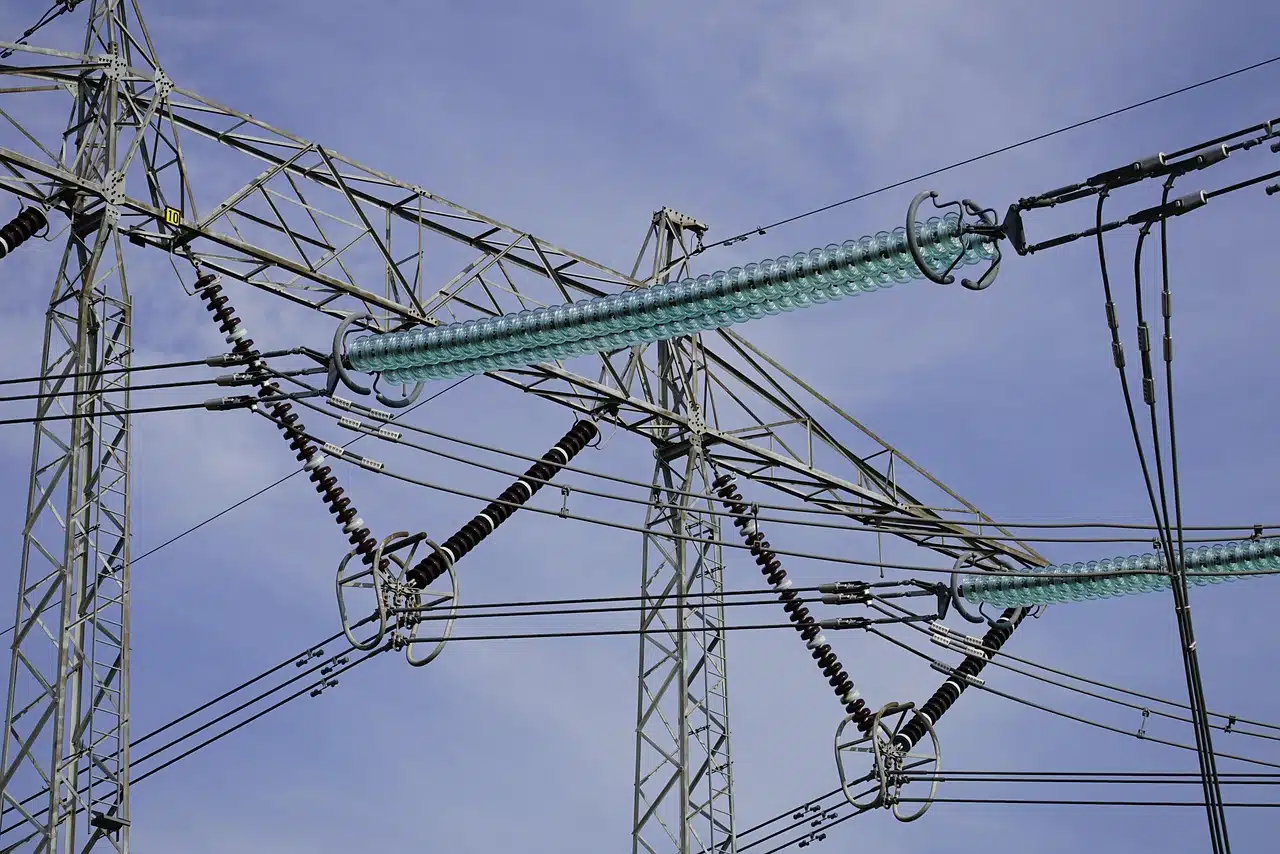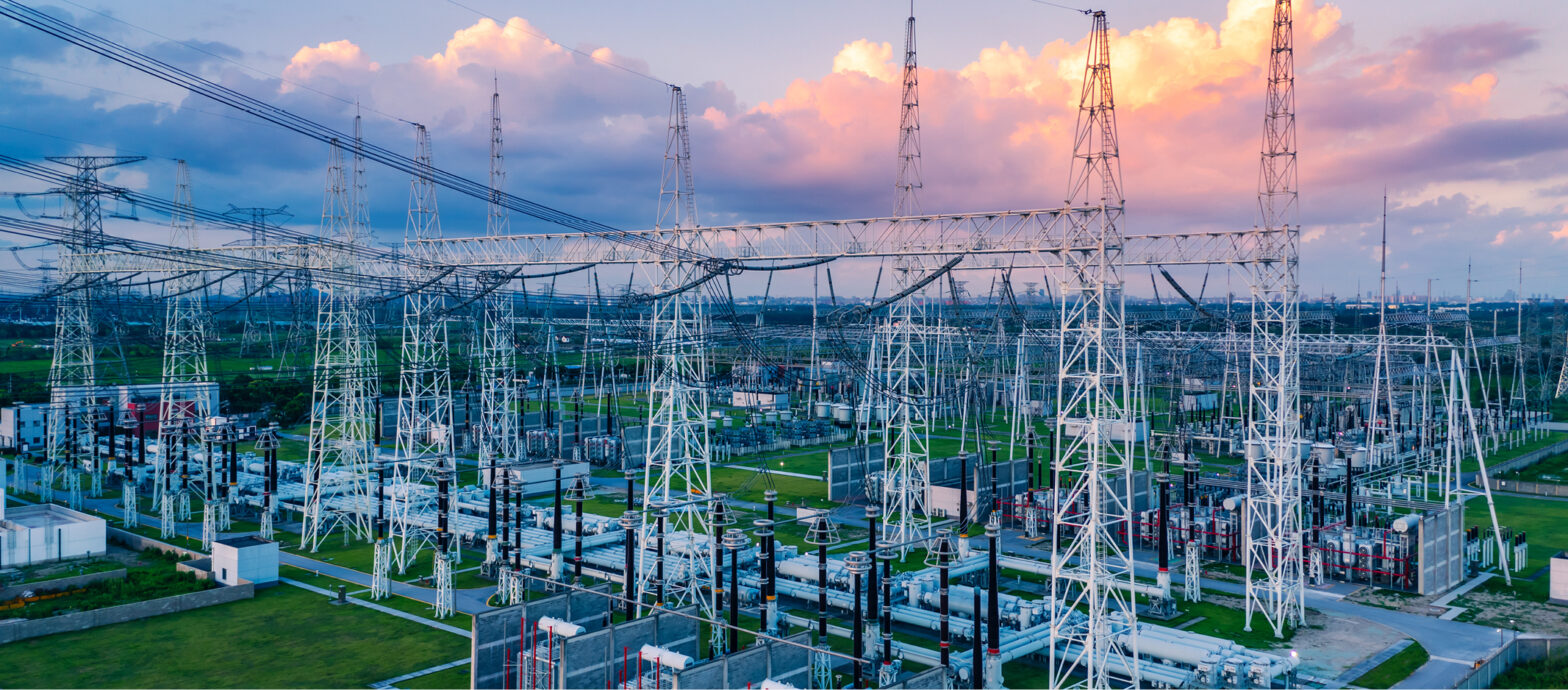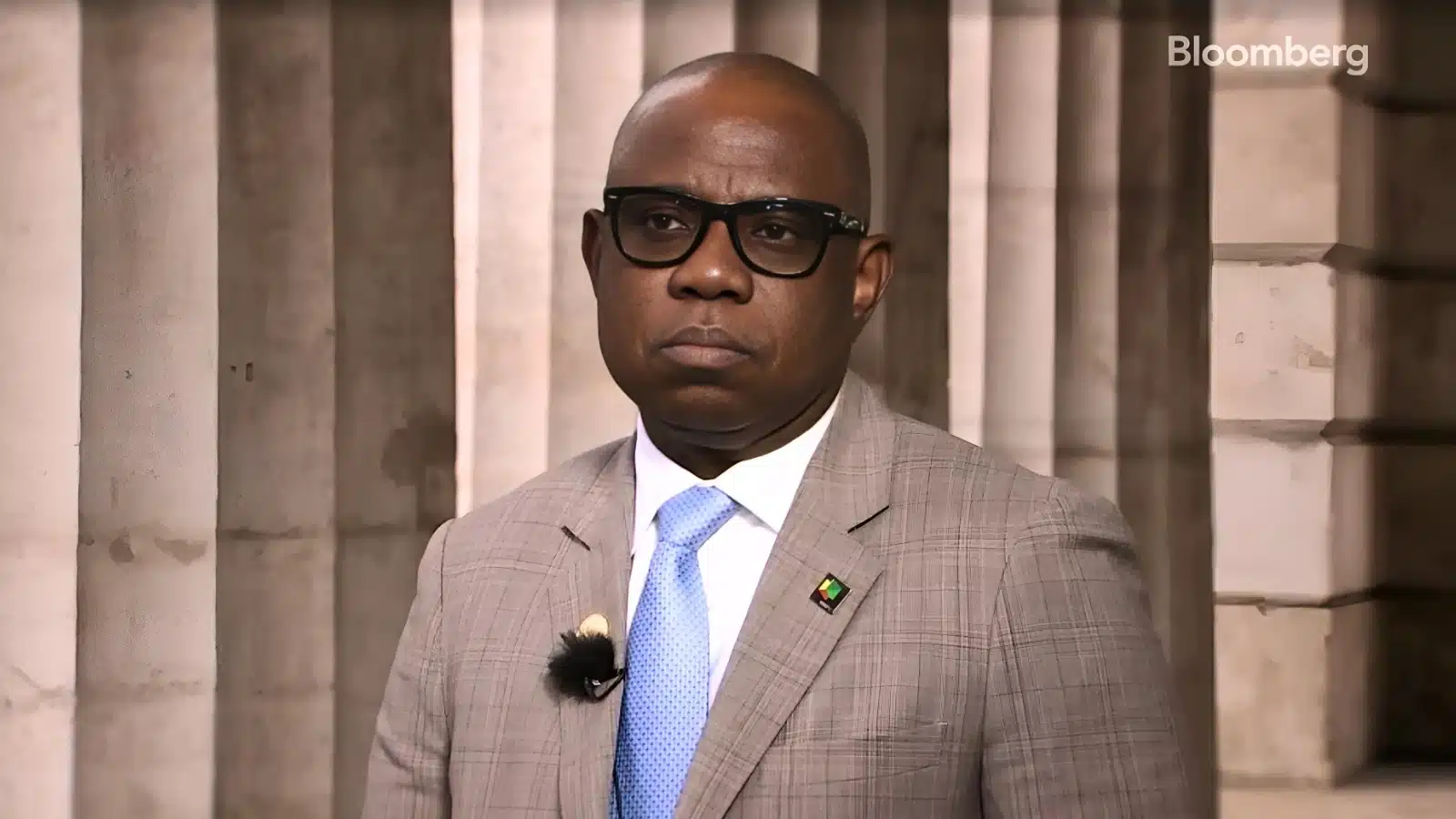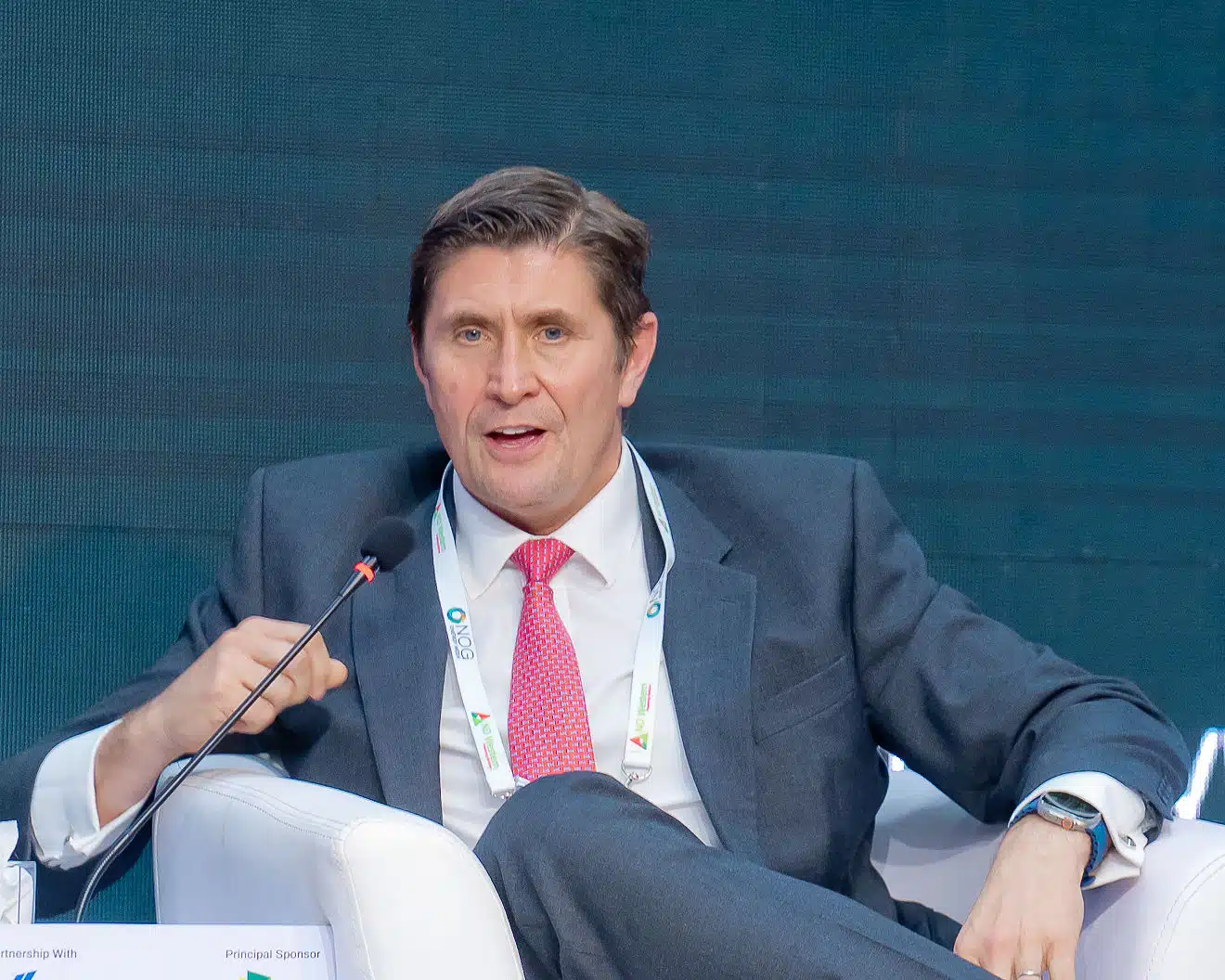The Nigerian government allocates over N200 billion each month to subsidize electricity costs, with the aim to provide affordable power to millions of its citizens.
This was made known on Monday in a statement by the Special Adviser to the President Tinubu on Energy, Olu Arowolo Verheijen.
Olu described the current subsidy regime in the country as lopsided, favouring majorly the wealthy people.
“Today, the Federal government spends over N200 billion per month on electricity subsidies, but much of this support benefits the wealthiest 25% of Nigerians rather than those who truly need assistance”, Olu said.
To address this, Olu revealed the government was streamlining the existing subsidy approach to make electricity more affordable and accessible for millions of hardworking families.
“…the federal government is working towards a targeted subsidy system to ensure that low-income households receive the most support. This approach will make electricity more affordable and accessible for millions of hardworking families,” she added.
In addition to the ongoing practice of estimated billing in many parts of Nigeria, another significant concern has been the inadequate power supply. Olu highlighted that the government is actively working to address this issue.
“Also, while the government is indeed committed to ensuring fairer pricing over the long term, the immediate focus is on taking decisive action to deliver more electricity to Nigerians, ensure fewer outages, and guarantee the protection of the poorest and most vulnerable Nigerians.”
The presidential adviser said the government is taking many key reforms to achieve their ambitions including the Presidential Compressed Natural Gas (CNG) Initiative as well as the Presidential Metering Initiative, which is expected to accelerate the nationwide rollout of seven million prepaid meters, starting in 2025.
“Metering will also improve revenue collection across the sector and will attract the investments needed to strengthen Nigeria’s power infrastructure. Through a range of fiscal incentives, including VAT and Customs Duty Waivers, the Federal Government is working to lower the cost of alternative power sources such as Compressed Natural Gas and Liquefied Petroleum Gas”, Olu added.
In the first nine months of 2024, the Nigerian government reportedly allocated around N1.48 trillion to electricity subsidies, according to reports from the Nigerian Electricity Regulatory Commission (NERC).
President Bola Tinubu in a recent statement also emphasized the necessity of these subsidies, stating, “We understand the economic challenges faced by Nigerians, and our priority is to ensure that every citizen has access to affordable electricity.”
The decision to maintain electricity subsidies comes amid broader economic adjustments, including the unapologetic removal of fuel subsidies by Tinubu and the devaluation of the Naira, which have contributed to rising inflation rates in Nigeria.
The removal, which many have criticized as abrupt and lacking adequate preparation, has significantly increased the cost of living in Nigeria.
Despite this, the Tinubu-led administration says it remains committed to implementing market-friendly reforms to revitalize the economy and protect the most vulnerable populations.
The government’s continued investment in electricity subsidies reflects its commitment to mitigating the impact of economic reforms on everyday Nigerians.

